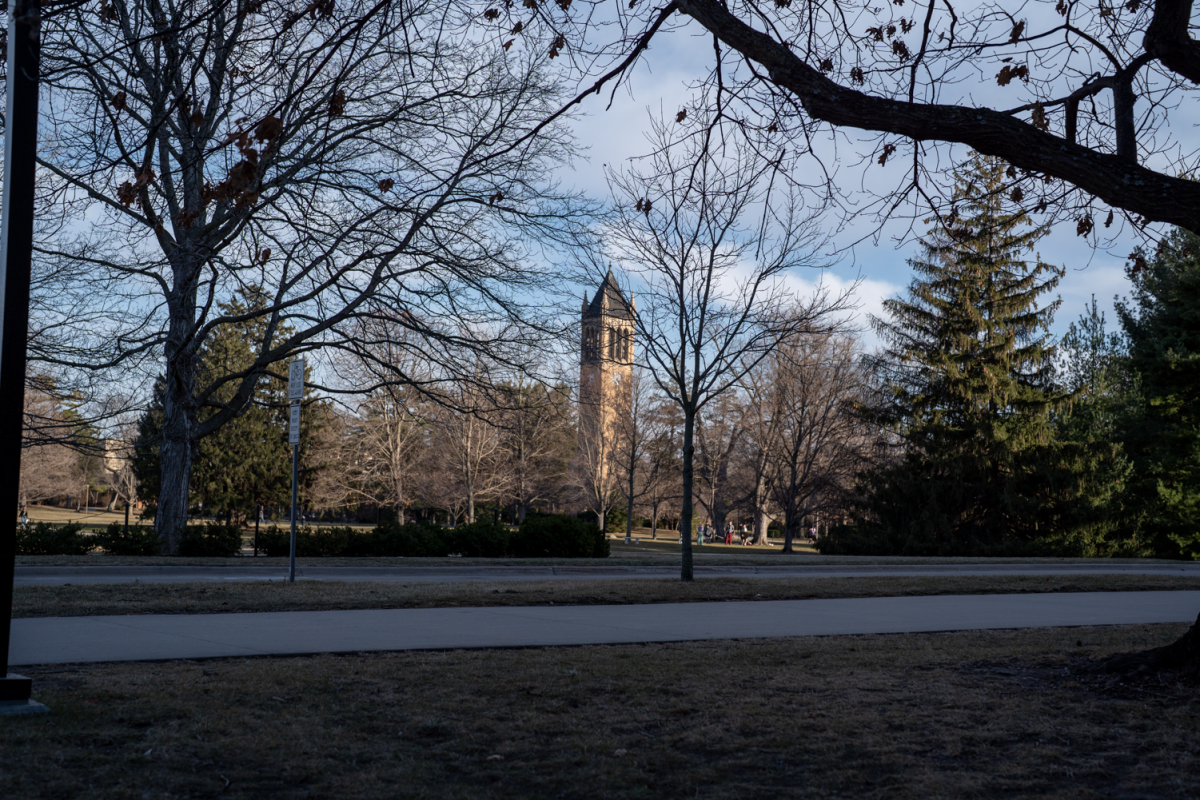Bush defends U.S. surveillance techniques
February 10, 2006
WASHINGTON – Under fire for eavesdropping on Americans, President Bush said Thursday that spy work stretching from the U.S. to Asia helped thwart terrorists plotting to use shoe bombs to hijack an airliner and crash it into the tallest skyscraper on the West Coast.
“It took the combined efforts of several countries to break up this plot,” Bush said. “By working together we stopped a catastrophic attack on our homeland.”
Some information about the foiled attack was disclosed last year, but Bush offered more details. He did not say whether information about the West Coast plot was collected by his administration’s program to monitor – without court warrants – some calls to the U.S. from terror suspects overseas.
The White House said that issue was not the point of the speech, but the president and his advisers have been vigorously defending the legality of the program, which has been questioned by both Democratic and Republican lawmakers.
After weeks of insisting that divulging details of the monitoring program would hinder intelligence gathering, the White House relented Wednesday and began briefing some additional lawmakers.
The president’s month-long campaign to convince Americans the government’s eavesdropping program is essential to the war on terrorism appears to be making an impact.
In a new AP-Ipsos poll, 48 percent now support wiretapping without a warrant in cases of suspected communications with terrorists, up from 42 percent last month. Half say the administration should have to get a warrant, down from 56 percent. Men in particular have come around to Bush’s view over the last month, the poll suggested.
And on Capitol Hill Thursday, four Senate Republican holdouts reached agreement with the White House on minor changes in the Patriot Act, hoping to clear the way for renewal of anti-terror legislation that Bush says is essential in the fight against terrorists.
In his speech, at the National Guard Memorial Building, Bush said Khalid Sheik Mohammed, the reputed mastermind of the Sept. 11 terrorist attacks, began planning the West Coast operation in October 2001. One of Mohammed’s key planners was a man known as Hambali, the alleged operations chief of the terrorist group Jemaah Islamiyah, which is affiliated with al-Qaida.
“Rather than use Arab hijackers as he had on Sept. 11, Khalid Sheik Mohammed sought out young men from Southeast Asia – whom he believed would not arouse as much suspicion,” Bush said.
As the plot was described, the hijackers were to use shoe bombs to blow open the cockpit door of a commercial jetliner, take control of the plane and crash it into the Library Tower in Los Angeles, a 73-story building since renamed the US Bank Tower. In his remarks, Bush inadvertently referred to the site as “Liberty Tower.”
The president said the plot was derailed when a Southeast Asian nation arrested a key al-Qaida operative.
Frances Fragos Townsend, assistant to the president for homeland security and counterterrorism, said Mohammed, working with Hambali in Asia, recruited four members of the terrorist cell and trained its leader in how to use shoe bombs.
















